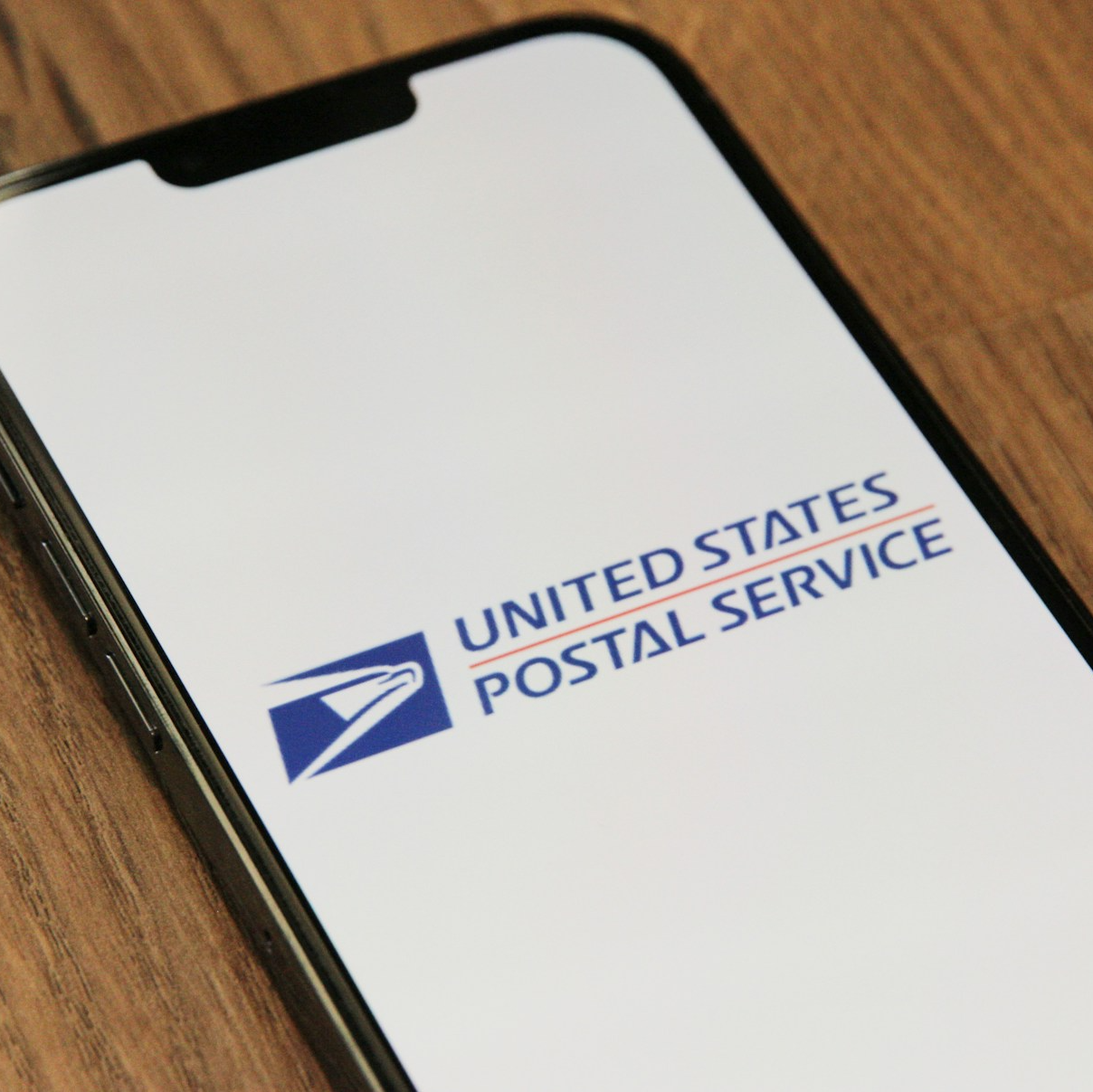Key Takeaways:
- The PSHB Program will replace the FEHB Program for postal workers starting January 1, 2025, requiring careful selection during the 2024 Open Season.
- Postal workers should evaluate PSHB plans based on coverage, network availability, and personal healthcare needs to ensure the best choice.
10 Tips on Finding the Best PSHB Plan for Postal Workers
Navigating the new Postal Service Health Benefits (PSHB) Program can be daunting for postal workers and retirees. With the transition from the Federal Employees Health Benefits (FEHB) Program to PSHB, it’s crucial to understand how to choose the best plan to meet your needs. Here are ten tips to help postal workers find the best PSHB plan.
1. Understand Your Healthcare Needs
Before selecting a PSHB plan, evaluate your healthcare needs. Consider factors such as chronic conditions, regular medications, and the frequency of doctor visits. Understanding your healthcare requirements will help you choose a plan that provides adequate coverage. It’s also beneficial to assess any expected changes in your health status. For example, if you anticipate needing more specialist care or advanced treatments, factor these needs into your decision-making process. Being aware of your long-term health prospects can prevent the need to switch plans frequently.
2. Evaluate Plan Coverage Options
Not all PSHB plans offer the same level of coverage. Some plans may offer extensive coverage for specialist visits, while others might focus more on primary care. Review the coverage details of each plan to ensure it meets your specific healthcare needs. Make sure to look at the coverage for emergency services, preventive care, and any additional benefits like dental and vision care. Plans might also differ in terms of coverage for alternative treatments, physical therapy, and mental health services, so consider what’s most important for you and your family.
3. Check the Network of Providers
Ensure that the plan you choose includes a network of healthcare providers that you trust and prefer. Having access to your preferred doctors, hospitals, and specialists is crucial. If you already have a primary care physician or specialists you want to continue seeing, verify that they are included in the plan’s network. Additionally, consider the convenience of provider locations. If the network includes providers close to your home or workplace, it can save time and reduce travel-related stress. For those in rural areas, ensure there are sufficient local providers or options for telehealth services.
4. Compare Prescription Drug Coverage
Prescription drug coverage can vary significantly between plans. Make a list of your current medications and compare how they are covered under different PSHB plans. Check for any restrictions, such as prior authorizations or step therapy, that could affect your access to necessary medications. It’s also wise to check the cost-sharing details, like copayments or coinsurance, for both generic and brand-name drugs. Some plans may have better formularies, offering a wider range of medications at lower costs. Evaluating these aspects can help avoid unexpected expenses and ensure continuity in your medication regimen.
5. Consider the Plan’s Cost
While it’s important not to base your decision solely on cost, understanding the financial aspects of each plan is essential. Look at the premiums, deductibles, copayments, and out-of-pocket maximums. Choose a plan that provides a balance between affordable premiums and manageable out-of-pocket costs. It’s also beneficial to consider the financial predictability a plan offers. For instance, plans with lower deductibles might have higher premiums, but they can provide more financial certainty by reducing unexpected out-of-pocket expenses throughout the year.
6. Review Additional Benefits
Some PSHB plans offer additional benefits that can enhance your overall healthcare experience. These may include wellness programs, telehealth services, fitness memberships, and mental health support. Evaluate these extra benefits to see if they align with your lifestyle and health goals. Programs that encourage healthy living, such as smoking cessation programs or weight management support, can be particularly valuable. These benefits can contribute to overall well-being and may reduce healthcare costs in the long term by preventing serious health issues.
7. Use Available Resources
Take advantage of available resources to make an informed decision. The Office of Personnel Management (OPM) and USPS provide tools and information to help you compare plans. These resources can include plan comparison tools, informational webinars, and FAQs. Additionally, consider attending informational sessions or webinars provided by the USPS or OPM. These sessions often cover important details about the PSHB Program and can answer specific questions you may have, providing clarity and confidence in your decision-making process.
8. Consider Future Healthcare Needs
Think about your potential future healthcare needs when selecting a plan. If you anticipate changes in your health status or require additional services in the coming years, choose a plan that can accommodate those needs. This foresight can prevent the need to switch plans frequently. For instance, if you plan to start a family, look for plans that offer robust maternity and pediatric care. Similarly, if you expect to require more extensive healthcare services as you age, selecting a plan with strong coverage for chronic conditions and senior care can be beneficial.
9. Seek Advice from Professionals
Licensed insurance agents can provide valuable insights and guidance on selecting the best PSHB plan. They can help you understand the nuances of different plans and assist in finding one that fits your unique needs. Remember to consult with agents who are knowledgeable about PSHB specifics. These professionals can also help you navigate the enrollment process, ensuring that you complete all necessary steps correctly and on time. They can also provide personalized advice based on your specific health and financial situation.
10. Participate in Open Season
The 2024 Open Season is your opportunity to review and select a PSHB plan. Make sure to participate actively during this period. Gather all necessary information, compare plans, and make your selection before the deadline to ensure continuous coverage starting January 1, 2025. Missing the enrollment deadline can result in significant gaps in coverage or limited options for switching plans later. Be proactive in reviewing your choices, attending informational sessions, and asking questions to ensure you make the most informed decision possible.
Key Points to Remember
- Eligibility: Confirm your eligibility for the PSHB Program. This program is available to postal employees, retirees, and eligible family members. Eligibility criteria may include employment status, retirement status, and family dependents. Verify these details early to avoid any surprises.
- Enrollment Period: Pay attention to the enrollment period. Missing the deadline could result in delayed coverage or the inability to switch plans until the next enrollment period. Mark important dates on your calendar and set reminders to ensure you don’t miss any critical deadlines.
- Medicare Coordination: If you are eligible for Medicare, understand how your PSHB plan coordinates with Medicare benefits. Some plans may offer better integration with Medicare, providing more comprehensive coverage. This coordination can affect your out-of-pocket costs and coverage options significantly.
- Plan Ratings: Review plan ratings and customer satisfaction scores. These ratings can provide insights into the quality of service and coverage provided by the plan. Look for reviews and ratings from current and former enrollees to get a sense of their experiences.
- Feedback from Peers: Talk to fellow postal workers and retirees about their experiences with different PSHB plans. Peer feedback can offer practical insights and help you make a more informed decision. Consider joining forums or social media groups where postal workers discuss their health benefits to gather a wide range of opinions.
Additional Considerations
- Preventive Services: Ensure the plan covers preventive services, such as annual check-ups, vaccinations, and screenings, at no additional cost. Preventive care is essential for maintaining good health and catching potential issues early.
- Chronic Disease Management: If you have a chronic condition, check if the plan offers disease management programs. These programs provide additional support and resources to help manage chronic illnesses effectively.
- Emergency Services: Verify the plan’s coverage for emergency services, including hospital visits and ambulance services. Understand the copayments and coinsurance rates for these services to avoid unexpected high costs during emergencies.
- Specialty Care: For those who require specialized medical care, ensure the plan includes access to specialists and advanced treatment options. Check for any referral requirements or limitations on specialist visits.
- Health Savings Accounts (HSAs): Some plans may offer HSAs, which allow you to save money tax-free for medical expenses. HSAs can be a valuable tool for managing healthcare costs, especially for those with high-deductible plans.
- Customer Service: Consider the plan’s customer service quality. Look for plans with reliable and accessible customer service to help resolve any issues or answer questions promptly.
- Technology and Digital Tools: Evaluate the plan’s use of technology and digital tools, such as mobile apps, telehealth services, and online portals. These tools can enhance your healthcare experience by providing convenient access to health information and services.
Making the Best Choice for Your Health
Selecting the right PSHB plan is a critical decision for postal workers and retirees. By understanding your healthcare needs, evaluating coverage options, and using available resources, you can find a plan that offers the best balance of coverage and cost. Remember to consider both your current and future health needs, and don’t hesitate to seek advice from professionals and peers. Participate actively in the 2024 Open Season to ensure you have the coverage you need starting January 1, 2025. Proper planning and informed decision-making can lead to better health outcomes and peace of mind for you and your family.
Contact Information:
Email: [email protected]
Phone: 9159008284
Bio:
As a licensed agent, I can help you better understand your Medicare options and help you choose the plan that’s right for you. Finding a plan that provides you with value and access to quality care is important. I welcome the opportunity to discuss how a Medicare plan can fit your budget and lifestyle. I can also find out if you’re eligible for Extra Help and other money-saving programs, as well as assist with your Postal Health Benefits (PSHB). Please contact me at your convenience to learn more!












